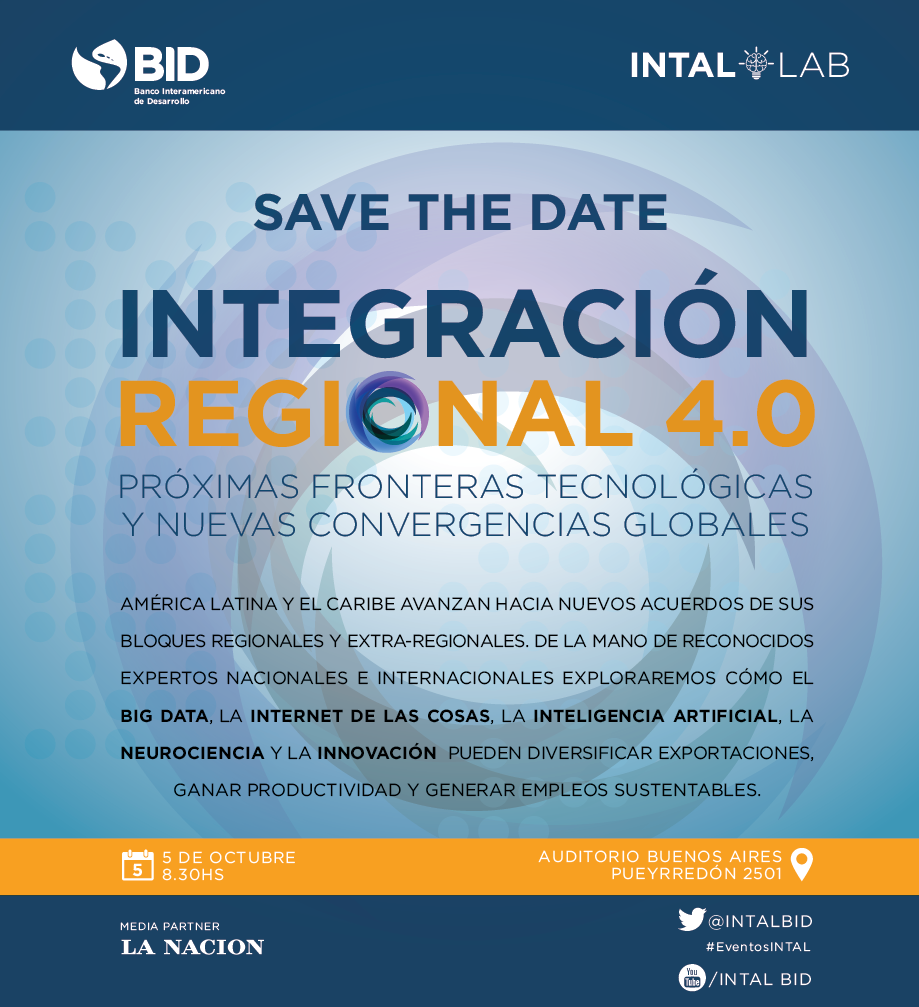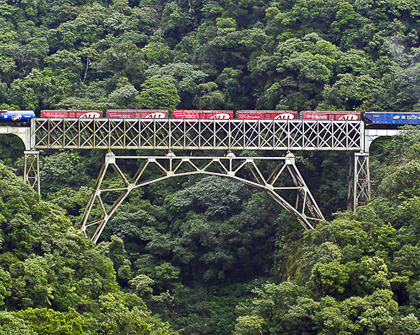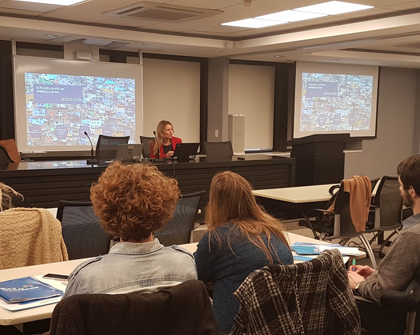The technological revolution that we are currently experiencing challenges traditional forms of trade and integration in Latin America and the Caribbean, both in terms of soft factors, such as institutions and regulations, and hard factors, such as the physical trade in goods and services.
The major event of the year organized by the Institute for the Integration of Latin America and the Caribbean (INTAL) will look at the future of integration. Building this future implies coming up with creative responses to problems, moving towards the knowledge frontier to perfect international negotiations, adding value to intelligent decision-making, and consolidating productive linkages through sustainable employment.
At INTAL’s 2015 event, we looked at how new technologies impact production and trade. The new industrial revolution, industry 4.0, is bringing about a true metamorphosis in the physiognomy of world trade, with increasingly complex and sophisticated global value chains and a blurring of the border between goods and services. This is opening up infinite possibilities for production, but it also brings threats to education, the world of work, and job retention. As a consequence, we need a new form of governance that will coordinate efforts and build a shared regional agenda.





